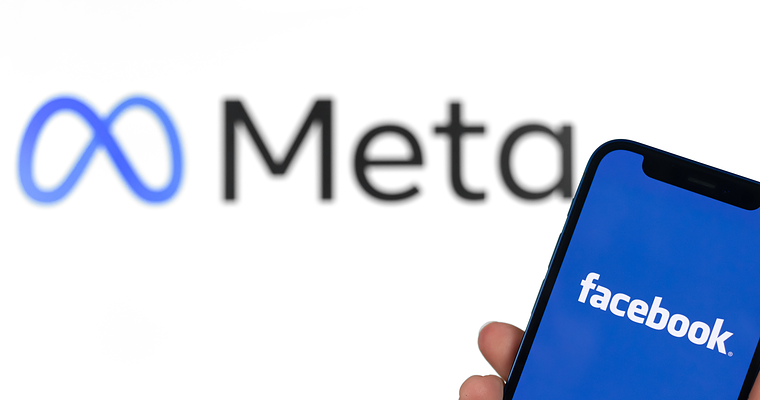By Cherie Oyier
Meta’s decision to replace its fact-checking program with a “Community Notes” system has sparked significant debate.
Meta CEO Mark Zuckerberg argues this shift is a return to foundational principles of free speech, stating that fact-checkers have been “too politically biased” and have eroded trust among users. For now, this decision will apply only to the US.
However, this decision raises several human rights concerns including:
Increased Misinformation: Human rights activists have raised concerns that the community notes system may allow misinformation to spread unchecked, as it relies on user contributions without expert verification.
Hate Speech Concerns: There are worries that this approach could lead to a rise in hate speech, as users may not effectively challenge harmful narratives.
Political Bias: Critics argue that the shift aligns with political agendas, particularly with the incoming Trump administration, potentially skewing content moderation towards conservative viewpoints.
Erosion of Accountability: Activists express concern that removing fact-checkers diminishes accountability for harmful content, allowing platforms to evade responsibility for misinformation.
Impact on Vulnerable Communities: There are fears that marginalized groups will face increased harassment and misinformation without robust moderation systems in place.
While this decision to replace fact-checkers with community notes will only apply to the US…for now… the decision could have significant geopolitical implications including:
Alignment with U.S. Politics: This move appears to be a strategic alignment with the incoming Trump administration, potentially influencing how political discourse is shaped on Meta’s platforms. By prioritizing free speech, Meta may seek to mitigate regulatory scrutiny from a Republican-led government, impacting global perceptions of U.S. tech policies.
Impact on Global Regulations: The shift may lead to tensions with international regulations, particularly the European Union’s Digital Services Act, which mandates combating misinformation through professional fact-checking. Meta’s approach could provoke clashes with EU authorities, complicating its European operations.
Influence on Authoritarian Regimes: By adopting a less regulated model, Meta might embolden authoritarian governments that restrict free speech, as they could use similar justifications for their censorship practices. This could undermine global human rights efforts and support for democratic movements.
Cultural Shift in Content Moderation: The decision reflects a broader cultural shift towards looser content moderation across social media platforms. This could potentially lead to increased polarization and misinformation globally, which can destabilize political environments in various countries.
This decision highlights the ongoing tension between free expression and responsible content moderation in the digital age, raising important questions about the future of trust in Meta’s platforms and its role in shaping global discourse.
Cherie Oyier, Programs Officer-Women’s Digital Rights, KICTANet
![]()




